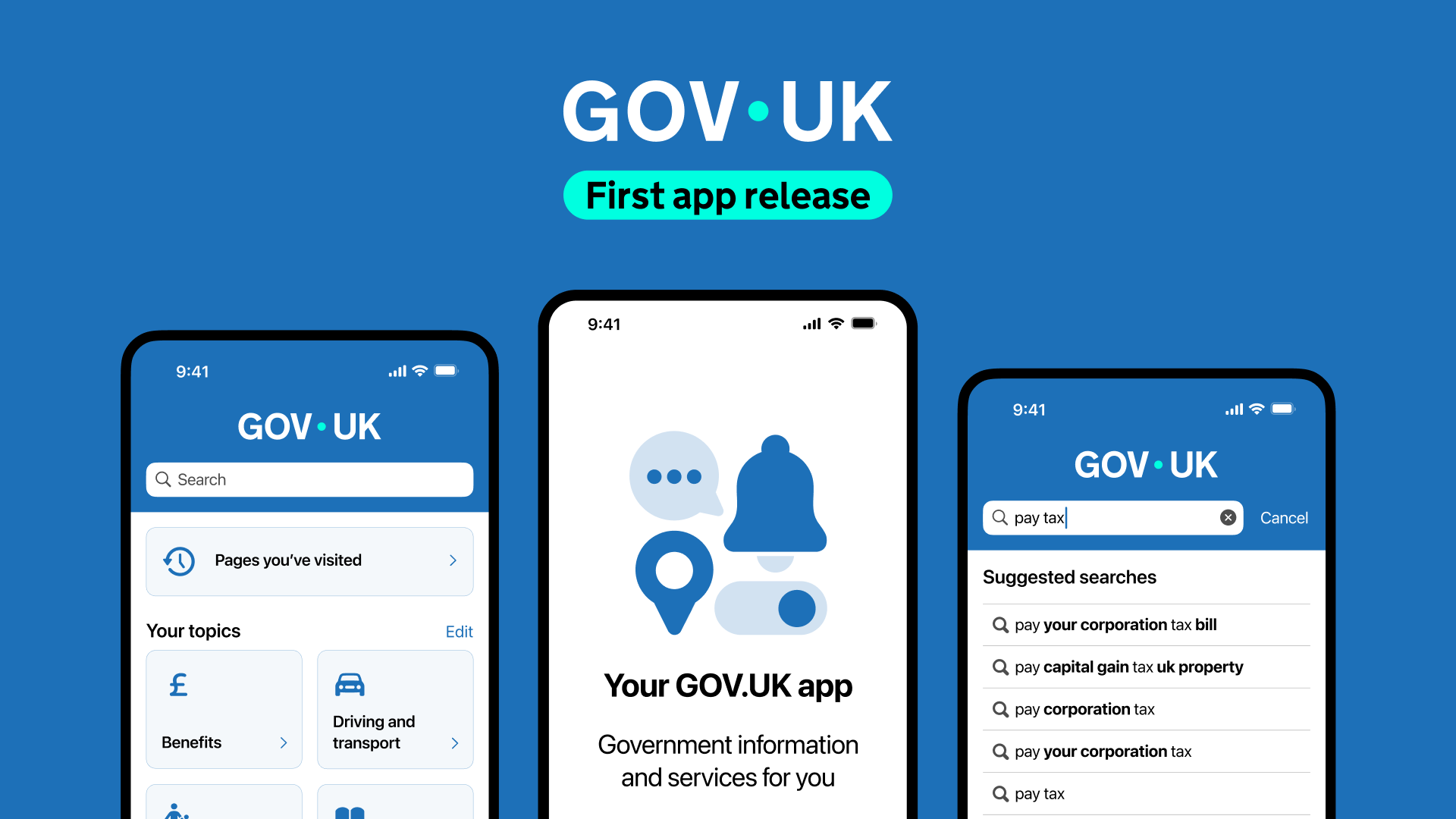Five of the service’s seven existing commercial partners will assume responsibility for the product
The GOV.UK Verify identity assurance service developed by the Government Digital Service is being handed over to the private sector and will no longer receive government funding.
Minister for implementation Oliver Dowden yesterday issued a written parliamentary statement announcing that “contracts have been signed with a number of private sector identity providers, for an 18-month period, and with capped expenditure”.
The money dedicated to those contracts over the next year and a half will represent the last government funding provided to the platform.
Thereafter it “will be the responsibility of the private sector to invest to ensure the delivery of this product”, Dowden said.
It is understood that five of Verify’s current line-up of commercial identity providers – Barclays, Digidentity, Experian, Post Office, and SecureIdentity – have signed support 18-month support contracts. The other two existing commercial partners, CitizenSafe and Royal Mail, have not.
“GOV.UK Verify is now sufficiently mature to move to the next phase of its development. The private sector will take responsibility for broadening the usage and application of digital identity in the UK,” Dowden added. “These commercial arrangements formalise the transition to a private sector-led model.”
Related content
- GDS seeks external developers for project to increase Verify adoption
- Verify business case ‘undermined’ by its performance, as GDS ‘struggle to adapt’ to changing role
- Digital-identity policy function shifted from GDS to DCMS
GDS staff working on Verify will remain in the civil service and will continue their duties for the next 18 months, it is understood.
Dowden said that, supported by its new commercial providers, the Verify platform will “continue providing a digital identity service to the public sector”.
“The government expects that commercial organisations will create and reuse digital identities, and accelerate the creation of an interoperable digital identity market,” he added. “The approach announced today ensures that GOV.UK Verify will continue to protect public sector digital services from cyberthreats, including identity fraud, and other malicious activity. In addition, the contracts enable the private sector to develop affordable identity assurance services that will meet future private- and public-sector needs. I am pleased that the government can continue to support the creation of a digital identity market, and the work of the GOV.UK Verify programme.”
Verify is a digital platform that allows registered users to access government services by proving their identity via tools provided by commercial partners. Having launched in private beta in 2014, the service finally went live to the public in May 2016 – several years later than originally planned.
There are currently 2.9 million registered users, and uptake has accelerated in recent months. The number of users has more-or-less doubled in the last year, and between 30,000 and 40,000 new users are signing up for a Verify account each week.
But usage is still a long way short of 25 million – the total number of users the government aimed to sign up to the service by 2020. This ambition was laid out in the UK Digital Strategy Published in March 2017.
In August, Nic Harrison, who led GDS’s work on Verify, left the organisation to return to his former employer – the Department for Work and Pensions.



